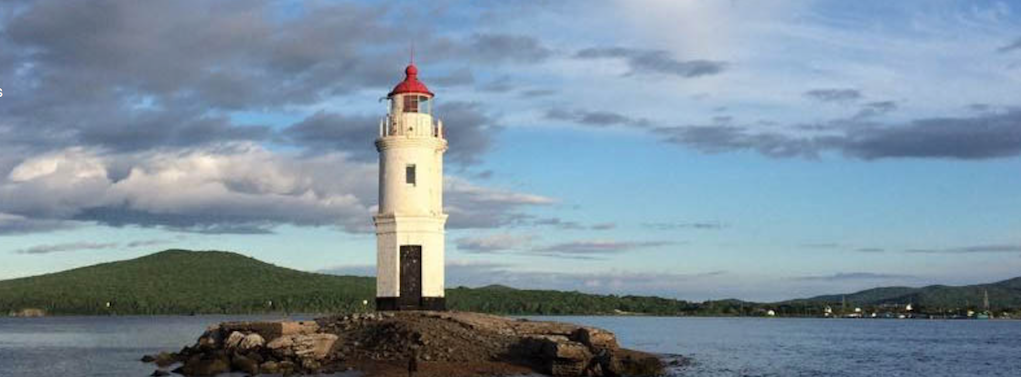
Vladivostok is a port city covering several beautiful bays and promontories facing the Sea of Japan. Founded in the 1860s shortly after Russia acquired this territory from China, it was initially a military fortress and naval base, and only later developed into a thriving trading city. It acquired a large Chinese population (c. 40%) but most of these people and other foreigners left, or were expelled, after the area became part of the Soviet Union in 1922. As the main naval base of the Soviet Pacific Fleet and regional centre of nuclear weapons production, Vladivostok was a closed city from the 1930s to 1992. Today, the economy is based on fishing, the naval base, freight transport and trading in Japanese cars. Asian companies have invested in the city, as has the Russian federal government, which has declared its intention of making Vladivostok a revived centre for Asia-Pacific trade. For the occasion of the APEC Summit in 2012 two splendid cable-stayed bridges were built, along with a motorway to the airport, and Russkii Island, a former military base, has been reinvented as the site for a huge new university campus and tourist zone.
Research
Caroline Humphrey’s project concerns the urban economy, and specifically the current phase of real estate construction. It is intended to compare speculative building developments with similar projects in N E China. Dotted around Vladivostok massive high-rise apartment blocks are rising that are intended to bring new living standards and amenities to the city. Purchasers enter into the speculative economy by the system dolevoe stroitel’stvo, whereby they contract to buy an apartment at a low price when the building is only at the planning or initial construction phase. The full ‘market price’ is reached only when the development is completed and has undergone an official registration process. The speculative aspect of this system lies in the fact that many circumstances – both political and economic – can halt construction before the building is finished. My research investigates the social background and consequences of the uncertainty that accompanies this situation.






